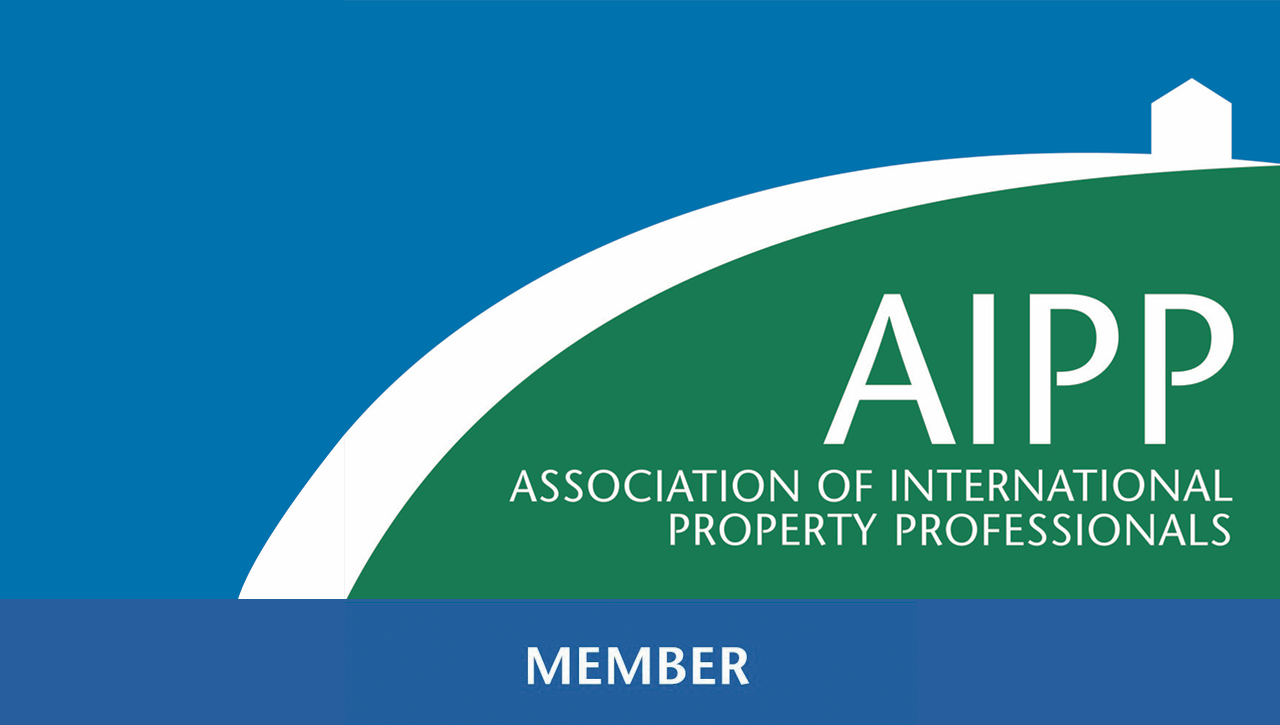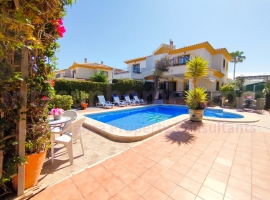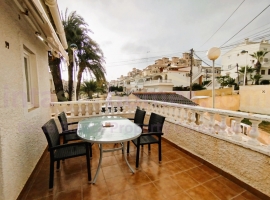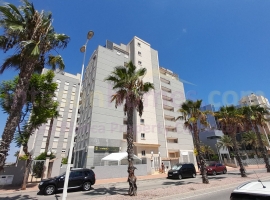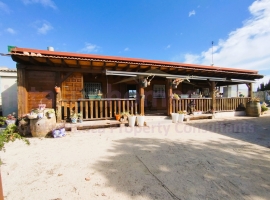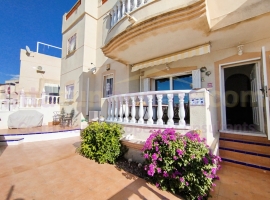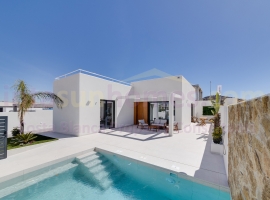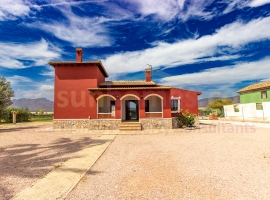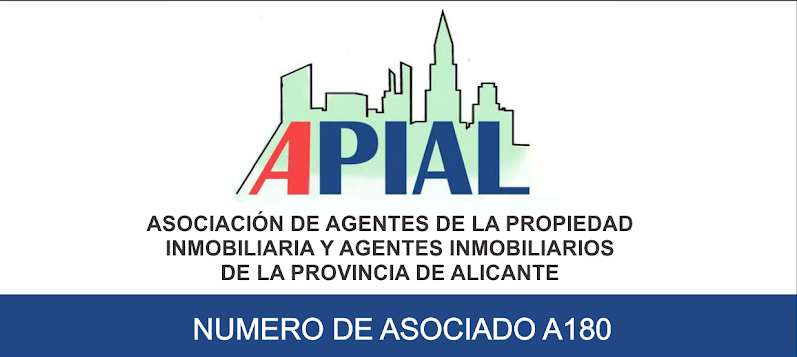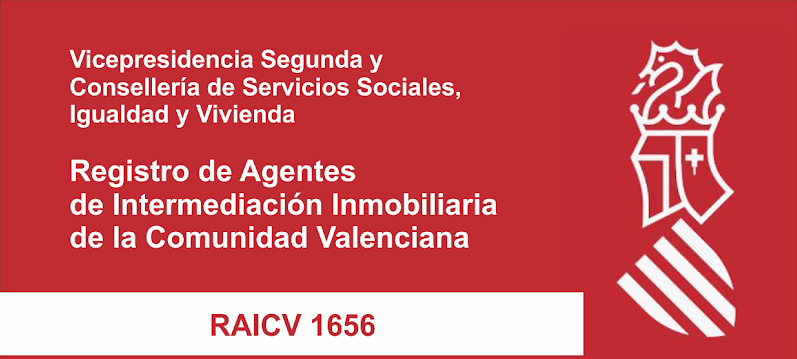All you need to know about a Spanish mortgage
Before a mortgage provider will grant a loan on a property it will insist on seeing a nota simple (land registry filing) that confirms that the property does not have any other unexpected debts attached to it. The lender will also insist that the property be valued by one of their appointed valuation companies. This can cost anything from a few hundred Euros to over a thousand Euros depending upon the value of the property, the cost of this is borne by the mortgage applicant. Most lenders charge a fixed fee for setting up a mortgage. This is typically 1% of the value of the mortgage, but can range from 0.5% to 2%
Three types of insurance are required when taking out a Spanish mortgage. The first is general house and contents insurance. This is a legal requirement and the lender must appear as the beneficiary. The amount of insurance required will be established by the valuation, and the insurance value will not be the same as the value of the property. The insurance value is the amount required to rebuild the property, clearly that will not include the value of the land as that would still exist. The other two types of insurance are life insurance and mortgage insurance. These are not mandatory, however not only is it important to have appropriate insurance cover but it will also help when negotiating better conditions from your mortgage provider. The costs of the insurance are based on your age and the loan amount and can vary from bank to bank. Generally speaking, insurance is cheaper than the UK.
When purchasing a property in Spain with a mortgage this must be declared at the time of purchase before a Public Notary. The Notary fees are based on the number of clauses in the deeds of sale and the mortgage deed will have approximately the same number of clauses. A mortgage therefor increases the Notary costs.
A deed arrangement fee is payable to the company (gestoria) who arrange for the deeds to be inscribed correctly in the local land registry. Lenders will normally insist on using their chosen gestoria as they need to be absolutely sure that both the property and the mortgage have been properly registered. This should not be more than a couple of hundred Euros
Stamp Duty (AJD) on Mortgages. This tax paid to the government and is calculated as a percentage of the mortgage and can vary from region to region and to the amount of the mortgage.
Capital repayments on a standard Spanish mortgage take place on a monthly basis and the amount depends upon the lifetime of the loan. The more years that you have to pay off the capital, the lower the monthly repayments in relation to the size of the overall mortgage. If you take out an interest only mortgage, then you will not start paying back the capital until much later on (for instance after 10 years or at the end of the mortgage lifetime). The advantage of an interest-only mortgage is that monthly repayments in the short term are low. However, these are still not very common in Spain and you are not paying back the capital over time, and need to be prepared to repay the capital in its entirety at the appropriate time.
With a Spanish mortgage monthly repayments comprise partly of capital repayment and partly of interest on the loan. At the beginning of the mortgage the interest payments will be the larger of the two, but as time goes buy and you reduce the capital of the loan, the interest payments in relation to the capital repayments will decrease. Interest payments are calculated as a function of the base rate set by the European central bank (Euribor). Some Spanish mortgages have a fixed rate for the first period – say the first year – and then go on to Euribor plus a percentage which will vary according to lender and client. lenders charges vary between 0.75% and 2.5% for variable rate loans.
Lenders do not like clients to cancels a mortgage early (for instance if they have found a cheaper mortgage). Therefore, they often impose a cost on early cancellation. It is common to find early cancellation fees of 1% of the value of the mortgage, though a good broker should be able to find you a lender with little or no such fees, without them the client can enjoy greater flexibility. Partial cancellation, where the client pays off part of their mortgage early can also carry a financial penalty.

